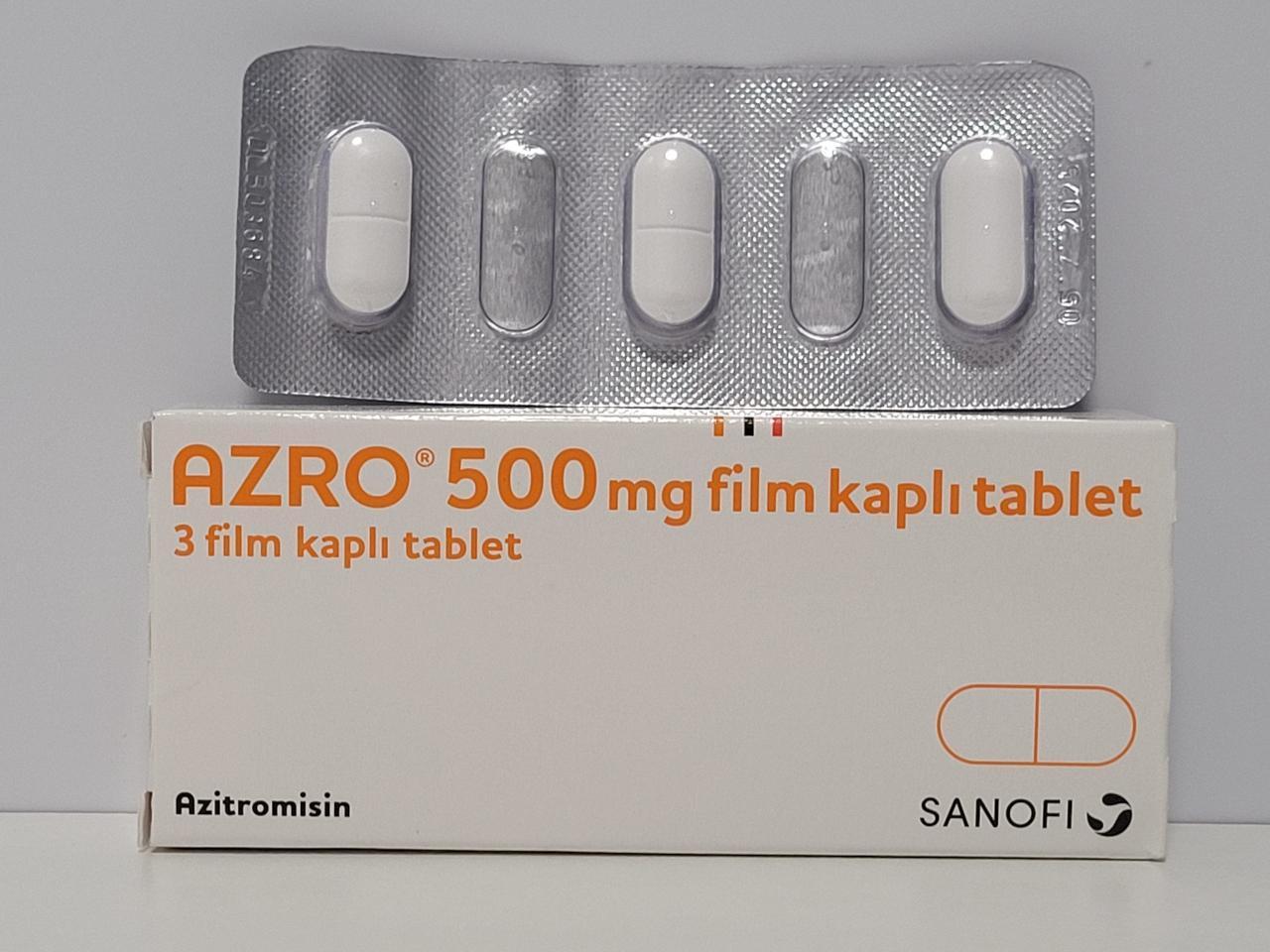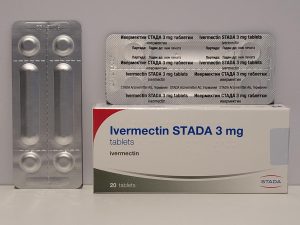Description
Azithromycin belongs to the family of medications known as macrolide antibiotics. It is used to treat certain types of infections that are caused by bacteria. It is most commonly used to treat ear infections (e.g., otitis media), throat infections, lung infections (e.g., pneumonia), certain sexually transmitted infections, and skin infections. It can also be used to prevent mycobacterium avium complex (MAC) infections in people with HIV infection and to treat flare-ups of chronic obstructive pulmonary disease (COPD) caused by bacteria.
The recommended adult dose of azithromycin for treatment of lung and skin infections is 500 mg (as two 250 mg tablets taken on the first day), followed by one 250 mg tablet taken at the same time each day for 4 more days. When treating flare-ups of COPD, azithromycin can also be taken as two 250 mg tablets once daily for 3 days. Genitourinary tract infections can be treated with a single dose of 1000 mg (4 tablets of 250 mg) or 2000 mg (8 tablets of 250 mg), depending on the type of bacteria causing the infection and the type of infection.
The usual dose for prevention of mycobacterium avium complex (MAC) infections in people with HIV infection is 1200 mg taken once weekly.
The children’s dose of azithromycin (liquid suspension) is based on body weight. When used to treat otitis media (middle ear infection) in children, a course of treatment of either 1 day, 3 days, or 5 days may be used. The daily dose will vary depending on the number of treatment days. A course of treatment for throat or sinus infections is generally 5 days. Use an oral syringe to measure each dose of the liquid, as it gives a more accurate measurement than household teaspoons.
Azithromycin may also be given by injection to treat severe pneumonia or pelvic inflammatory disease. It is usually given in a hospital setting by a health professional. Your doctor will determine the appropriate dose of this medication.
Many things can affect the dose of medication that a person needs, such as body weight, other medical conditions, and other medications. If your doctor has recommended a dose different from the ones given here, do not change the way that you are taking the medication without consulting your doctor.
Azithromycin must be taken for the recommended duration of treatment, even if you are feeling better. This will reduce the chances of having remaining bacteria grow back.



